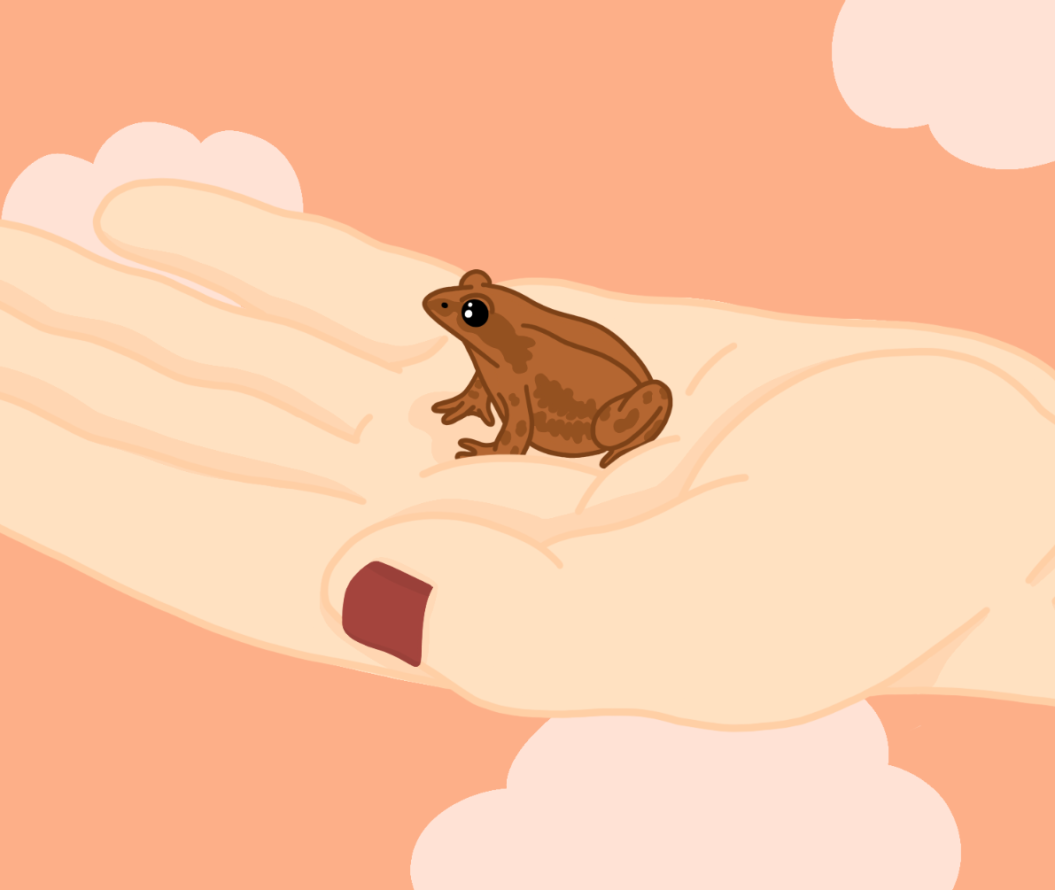Hi there! I'm Rachel, a postgrad student studying Clinical Animal Behaviour from London. I'm a big 80s music fan, and have a secret love for Marvel movies.

Wildlife Conservation Day 2021
December 4, 2021,
read.
This article is more than 3 years old
Wildlife Conservation Day was founded by the US government and WWF (World Wide Fund for Nature) as a way to combat wildlife crime. Each year, WWF join the US Secretary of State to raise awareness of the crimes committed by wildlife hunters. It happens every year on December 4th!
What are we protecting?
The aim of the day is to protect the world from wildlife crime. Here are some horrific statistics that prove the dire need of help:
- Nearly two park rangers are killed every week when preventing poachers access
- 100 million sharks are killed every year for shark fin soup
- Rhinos are poached at a rate of one every 12 hours
- Every year 35,000 elephants are killed in Botswana
- There are only 13 countries in the world still with tiger populations
- Every year over 30,000 green sea turtles are poached in Baja
(More statistics can be found here)
WWF state that there are only 800 Tapanuli orangutans left in the wild after only being discovered in 2017. Because of human encroachment, specifically mining and plans to build a hydroelectric dam, and hunting – they won’t be around for long. There are only 3,900 tigers left, after having lost 95% of the world’s wild tiger population. There are only 100 Amur leopards left in the wild, a target of poaching, forest fires and infrastructure development.
What you can do to help:
You can take a pledge! Over 850,000 people have already supported the movement this year. All you need to do is sign the pledge to assist in any way you can to ensure a future for people and wildlife on this planet. To never buy any illegal wildlife products, to advocate in support of rangers, the educate family and friends and to continue championing efforts to stop wildlife crime. You can sign the pledge here!
You can also watch videos uploaded by WWF in order to educate yourself, friends and family members! Speaking from the wild, Carter Robert (WWF president) and Jeff Corwin (Animal Planet host) discuss the impacts of wildlife crime and what needs to be done to help and Ginette Hemley (WWF senior Vice President) and Jeff Corwin discuss how bad wildlife trafficking is getting. Both these videos can be found on the WWF website!
- Topics
- Animals
- Sustainability




